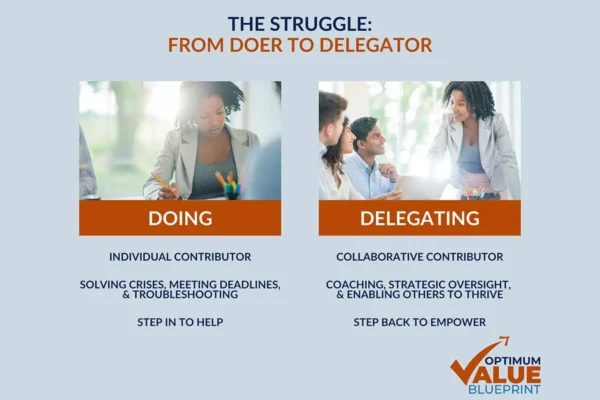by Ray Smith
Las Vegas has long been accused of gouging tourists on hotel rooms, spiking the price by three and four times the average daily rate when a large convention or special event comes to town. Gripe as they may, guests are left with limited alternatives.
Perhaps now, their complaints will be heard. A federal class-action lawsuit filed January 25 alleges that four Strip hotel operators colluded with a third-party algorithmic platform called Rainmaker to unlawfully raise room rates since January 2019.
The lawsuit, filed by Seattle-based Hagens Berman law firm, names Las Vegas gaming companies MGM Resorts, Caesars Entertainment, Wynn Las Vegas and Treasure Island, along with Rainmaker, as defendants in an illegal price-fixing scheme to raise hotel room prices.
“Our antitrust attorneys have uncovered what appears to be an unlawful agreement in which Rainmaker collects and shares data between Vegas hotel competitors to unlawfully raise prices of hotel rooms,” attorney and managing partner Steve Berman says in a statement.
“What happens in Vegas will no longer stay in Vegas. We intend to expose the under-the-table deals perpetrated by these Vegas hotels, and we intend to hold them accountable.”
The lawsuit alleges that Rainmaker, used by about 90 percent of Strip hotels, collects real-time pricing and supply information from competitors and provides room rental rate recommendations designed to unlawfully maximize profits for hotel operators. Attorneys say this algorithmic price fixing comes at the expense of consumer and violates antitrust laws.
In a competitive market, hotel operators would price rooms independently and fill as many rooms as possible. Sharing of pricing and capacity information through Rainmaker has displaced normal competitive pricing and has led to increased room prices, attorneys say.
The lawsuit notes that the defendants hold a major share of Las Vegas hotel rooms, and rates are currently at record highs.
Rainmaker advertises 15 percent revenue growth for its hotel operators, and testimonials on the website for its parent company, Cendyn, describe “implausible performance,” even during the COVID pandemic, the lawsuit states. One Cendyn hotel customer claims to have generated 70 percent of the prior year’s revenue with 50 percent of volume, despite closures and restrictions during the pandemic.
“By incentivizing its users to suppress the supply of hotel rooms, Rainmaker artificially drove up prices and directly harmed consumers,” Berman says. “These corporations created a scenario in which the house will always win, and they’ve broken the law to do so.”
MGM Resorts issued a statement calling the lawsuit meritless. “The claims against MGM Resorts are factually inaccurate, and we intend to defend ourselves vigorously,” the gaming giant says.
Alan Feldman, former MGM Resorts executive and currently fellow at the UNLV International Gaming Institute, calls it “the travel ecosystem” in which hotels, airlines and car rental companies monitor costs and prices.
“Rest assured they watch each other,” Feldman tells Associated Press. “Then they can decide if they want to go above it, below it, or just ignore it. But I can’t imagine these companies talking to one another, and certainly not on price.”
Follow updates and news about the Las Vegas hotel lawsuit at @ClassActionLaw.































